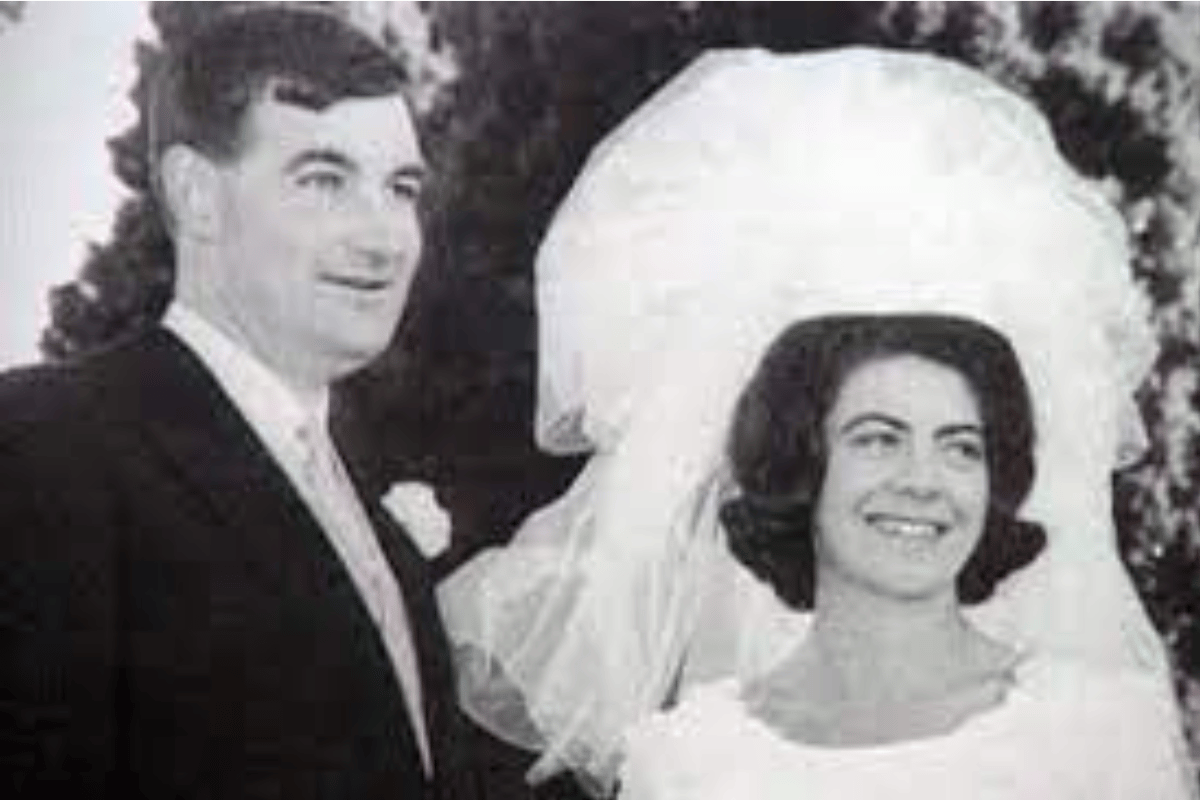
In New Zealand, there is one cold case murder in particular that is deemed one of the most infamous of all.
It centres around the murders of Harvey and Jeannette Crewe. In June 1970 their killings were labelled by many as 'the death of innocence' in New Zealand.
In June 1970, Jeannette and Harvey Crewe were found to be missing from their farmhouse in Pukekawa, situated between Auckland and Hamilton.
For three days their family and friends hadn't heard from the couple, so Jeannette's father went to the home to check on them. He was met with a disturbing scene. A bloodstained carpet and rearranged furniture were evidence of a struggle. The only person found in the home was the couple's 18-month-old baby Rochelle, found seemingly unharmed in her cot. She had been left alone for just under a week.
In the immediate aftermath, a man was charged and found guilty of the crime. But after serving nine years in prison, he was granted a royal pardon and found to be innocent.
The question of who really killed Harvey and Jeannette Crewe remains to this day.
Watch: True Crime Conversations. Post continues below.
According to all reports, Harvey and Jeannette Crewe were an ordinary, well-to-do couple from a regional town.
